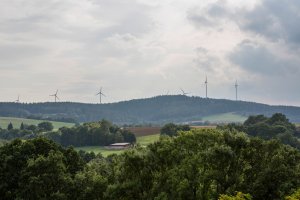 In December 2019, the new European Commission presented the European Green Deal. The ultimate goal of the European Green Deal is to make the European Union the first climate neutral continent by 2050. To meet this objective, the European Commission will embark on a comprehensive review of existing and ongoing legislative measures and consider rolling out new detailed rules. Aside from the obvious focus on climate neutrality, bold action will be taken in other areas, including energy transition, agriculture, circular economy and sustainable transport. The European Green Deal is not only a political commitment, but a concrete new agenda that will shape European policy for the years to come. In that sense, the European Green Deal will affect all businesses and investors.
In December 2019, the new European Commission presented the European Green Deal. The ultimate goal of the European Green Deal is to make the European Union the first climate neutral continent by 2050. To meet this objective, the European Commission will embark on a comprehensive review of existing and ongoing legislative measures and consider rolling out new detailed rules. Aside from the obvious focus on climate neutrality, bold action will be taken in other areas, including energy transition, agriculture, circular economy and sustainable transport. The European Green Deal is not only a political commitment, but a concrete new agenda that will shape European policy for the years to come. In that sense, the European Green Deal will affect all businesses and investors.
More concretely, the European Green Deal will affect all businesses that are working in the coal market. There will be a rapid shift towards renewable resources and a quick phase out on coal. When it comes to agriculture, there will be a large focus on land use as well as nutrients, chemicals and water. In relation to transport, there will be interruptions and opportunities for cars, ships and planes industries and service providers. Plastic producers will also face revamped rules that would demand higher standards on re-use and recyclability.
In sum, the European Green Deal will mark a shift in European policy. All businesses, whether leaders in the above-mentioned sectors or simply challenged by the new policies, must develop a government affairs strategy to avoid disruptions.
